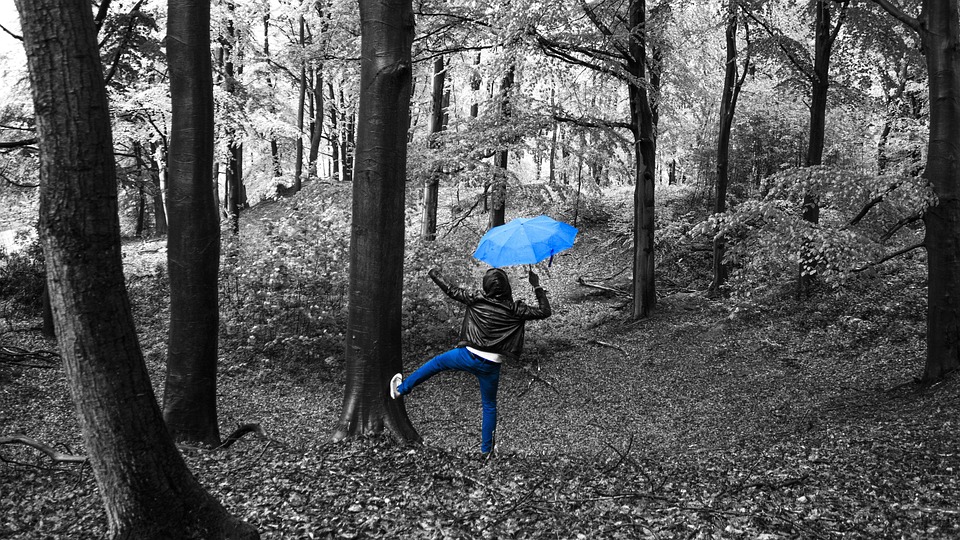[ad_1]
Reviving the Club Culture: How Dance Music Empowers Communities Around the World
Introduction
Club culture and dance music have long been recognized as powerful tools for self-expression, empowerment, and community building. For decades, these vibrant music scenes have helped shape cultural identities, foster inclusivity, and revitalize communities worldwide. From the underground rave parties of the 1980s to the mainstream EDM festivals of the present day, dance music continues to play a pivotal role in bringing people together and creating spaces for creativity, diversity, and social change. This article delves into the rich history, impact, and global significance of the club culture, highlighting how dance music empowers communities around the world.
Historical Significance of Club Culture
The roots of club culture can be traced back to the early 20th century, when jazz clubs and underground speakeasies provided refuge and freedom of expression for marginalized communities. However, it was during the 1970s and 1980s that the phenomenon truly took shape, as electronic dance music, disco, and techno gained popularity. Clubs like New York City’s Studio 54, Chicago’s Warehouse, and Detroit’s The Music Institute became iconic institutions that provided platforms for diverse communities to come together and celebrate music, dance, and liberation.
Beyond Entertainment: A Space for Self-Expression
Club culture has always been far more than just a space for entertainment; it serves as a crucial outlet for individual and collective self-expression. On the dance floor, people from all walks of life can shed their inhibitions, connect with their bodies, and let the music guide their movements. Dance music’s pulsating beats and infectious melodies can transport individuals to a state of euphoria, creating a unique space for catharsis and personal growth. This freedom to express oneself authentically without judgment has been pivotal in empowering individuals and fostering a sense of belonging.
Cultural Identity and Inclusivity
One of the most remarkable aspects of club culture is its ability to cross borders and unite people from diverse cultural backgrounds. Whether it’s house music in Chicago, techno in Berlin, or reggae in Kingston, dance music serves as a universal language that fosters inclusivity and promotes cultural exchange. In these spaces, individuals are encouraged to embrace and celebrate their identities, creating a melting pot of cultures that transcends boundaries. By bringing together people of different races, genders, and socioeconomic backgrounds, club culture becomes a catalyst for understanding, acceptance, and celebration of diversity.
Social Impact: Empowering Communities
The impact of club culture on communities extends beyond the individual level. Many dance music scenes have become engines of social change, driving economic growth and revitalizing neighborhoods that were otherwise neglected. In cities like Detroit, post-industrial areas have been transformed into vibrant creative hubs, thanks to the influence of techno music and the thriving underground scene. Similarly, Berlin’s club scene has played a crucial role in rebuilding the city’s identity after the fall of the Berlin Wall, transforming abandoned buildings into legendary clubs and attracting tourism and investment.
Beyond revitalization, club culture also offers a platform for important social and political messages. Artists and DJs often use their music as a tool for activism, advocating for issues such as racial equality, LGBTQ+ rights, and environmental sustainability. Festivals like Burning Man have evolved into experimental communities that explore alternative lifestyles and promote self-reliance, fostering a sense of empowerment and pushing boundaries both artistically and socially.
Global Phenomenon: Club Culture in Different Parts of the World
While club culture has its roots in Western countries, it has since spread across the globe, evolving and adapting to local contexts. From the underground clubs of Sao Paulo to the beach parties in Goa, dance music scenes have emerged in every corner of the world, enriching local cultures and empowering communities.
In Brazil, the favela funk scene has embraced dance music as a powerful tool for expression and social change. Originating from the impoverished neighborhoods of Rio de Janeiro and São Paulo, favela funk combines electronic beats with local rhythms, addressing issues such as poverty, violence, and police brutality. Through this genre, artists provide a voice to marginalized communities and challenge the status quo, empowering individuals to speak up and make a difference.
In South Africa, the rise of gqom music has brought communities together in the townships and showcased the country’s vibrant cultural heritage. Gqom, characterized by its distinctive minimalistic beats and syncopated rhythms, emerged as a form of resistance against social and economic disparities, empowering young people in marginalized communities to break free from the cycle of poverty and crime.
Conclusion
Reviving the club culture and recognizing the transformative power of dance music is essential for building empowered communities around the world. In these spaces, individuals are given a voice, a platform to express themselves, and an opportunity to connect with others. Club culture fosters inclusivity, promotes cultural exchange, and drives social change, revitalizing neighborhoods and offering hope to marginalized communities. As we continue to navigate the ever-evolving landscape of dance music, it is crucial to celebrate and protect these spaces that empower, inspire, and connect us all.
[ad_2]

